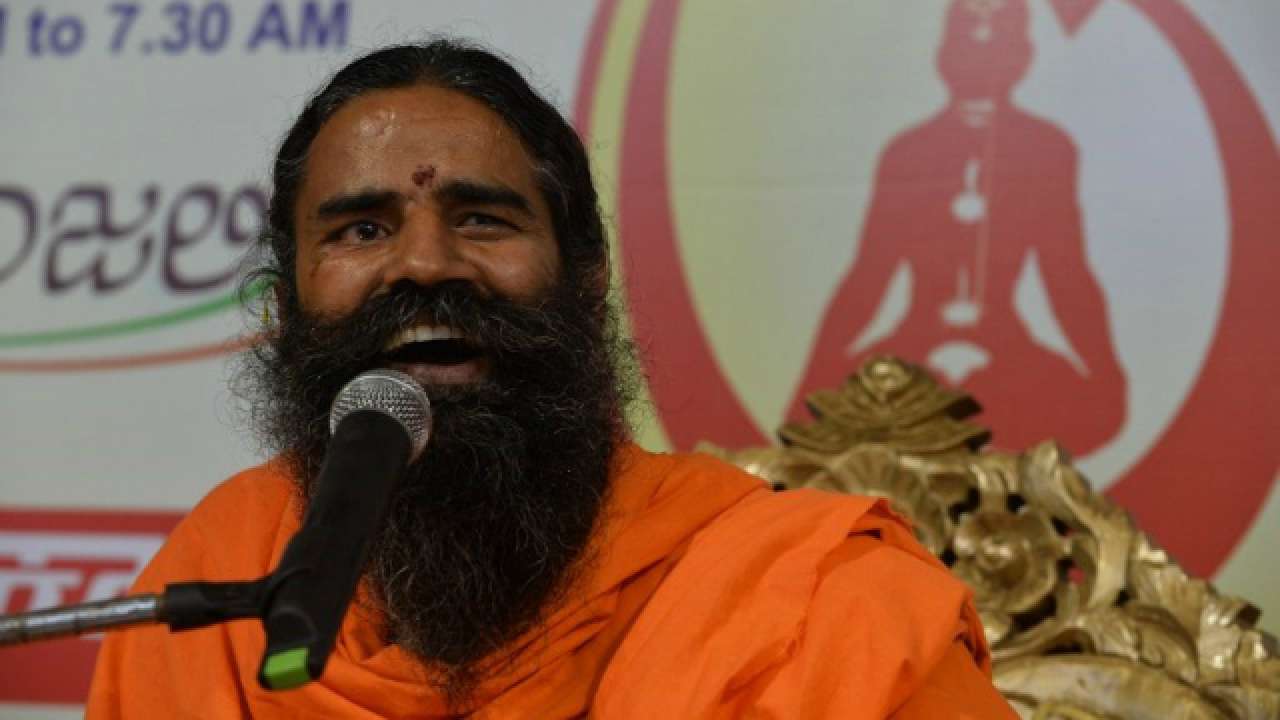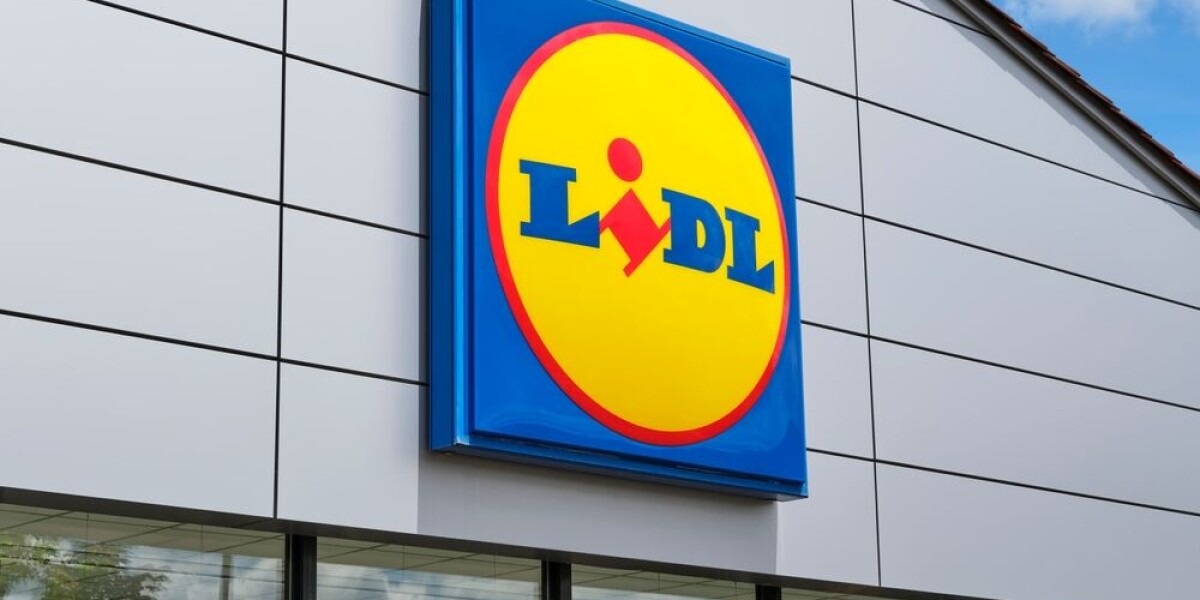
- Select a language for the TTS:
- UK English Female
- UK English Male
- US English Female
- US English Male
- Australian Female
- Australian Male
- Language selected: (auto detect) - EN
Play all audios:
Heralds of a realignment in British politics are as frequent as they are bogus. Most of the time, they take up space in the column inches of papers and journals seldom read by the electorate
so decisively described, and fizzle away almost as swiftly as they were devised. A brief look at recent history gives us many such cases: the idea of a Liberal revival in 2010, which became
the party’s nemesis; the grisly arrival of the UKIP and later the Brexit Party under Nigel Farage, which never managed to destroy the Tory Party; the apparently imminent split of the Tories
over Brexit; the arrival and swift exit of Change UK/Independent Group (remember them?) which quickly had more names than it did MPs. All were called eruptions of popular feeling and
seminal moments in British political history which were to change the landscape of our system for decades to come. Their futility means we should treat such announcements with many
bucketloads full of salt. But something has distinctly changed, or at least shifted, in the scene of this country which faces the electorate whenever they are next asked to choose their
government. This shift is born both of immediate necessity and political strategy, of both the situation the Government has faced and the electoral ploys it has decided to use. First, the
drastic measures the Government introduced to tackle the monumental crisis of national finance which ministers faced as a result of the lockdowns they imposed. Many have observed how Rishi
Sunak’s handouts, schemes, pledges and promises have much more resembled a government elected on socialist principles than on some kind of _laissez-faire_ platform. They are not wrong to do
so, but the magnitude of the furlough scheme or the ill-fated “Eat Out to Help Out” discount were not made entirely out of a desire to comfort the afflicted with easy cash. They were
responding both to the urgency of the situation and the urgings of much of the workforce who were affected, and many of whom had voted this Government in on the premise that it would be
willing to open a particularly fat chequebook in times of strife. Sunak and Johnson have latched onto that sentiment, the notion that they are a clear break from the fiscal prudence — or
austerity, depending on your view — of their more sombre predecessors. Paying large proportions of the nation’s wages is a scheme from the same government which promised three per cent more
police on the streets and however many billions for the NHS; it was well in keeping with all of their other economic proposals, favouring large government investment, both in the economy,
and, as the last 18 months has shown, in society as well. This is a notable shift to the Left, designed unashamedly to appeal to those northern voters Johnson courted in the 2019 election
and sees as vital to continuing his hold onto power. For this Prime Minister, the bluer the collar, the larger the cheque. In doing so, Johnson leaves a startling hole in his electoral
coalition, which encompasses so much of the country that such support is as bountiful as it is fickle. His gains have been in the towns, while keeping the Conservative traditional base in
the rural provinces, confining Labour to the small niches of the metropolitan areas: Manchester, London, Leeds and the like. In so doing he has neglected the suburbs, once the most reliable
of Tory havens. The result in Chesham and Amersham last month displayed the backlash to this, and it is a phenomenon which may well be more than only the temporary hyperbole of the
by-election season. All around London, younger voters, especially young families, are driven out of the city by extortionate house prices and the promise of an easy commute back in: there
is nothing new about that. What is unseen is the political liberalism among many of them, driven by both the age and cultural factors of this exodus. And it is age which has, over the last
few years, become an almost determining factor in affiliation: older voters supported Brexit (and Conservative), younger voters Remain (and Labour, or Lib Dem, or not at all). Again, there
is little that is revelatory in these facts; it is the stark nature of their reality which makes it worth musing over. Keir Starmer’s — possibly terminal — problem is that there are simply
not enough young new graduates spread across the country to bring him anywhere close to a majority government, and that those spilling out of the cities are no more likely to vote for
Labour, given the party’s no-hoper status in much of the South East, than for the Tories. Boris Johnson’s problem, however, is that many of them are also deeply repulsed by his rhetoric
and actions; not, it must be said, that it was ever an intention of the Prime Minister to please the metropolitan liberal crowd. The advent of a “pingdemic”, along with this most horrendous
neologism the virus has given us, has exposed much of the ordinary population to the constant threat of isolation. Such chaos in the workplace will, as Johnson and Sunak’s recent U-turn
shows, become the greatest scourge of any return to the normality of a pre-lockdown life. Such economic disruption will not help to claw back any of those wanting to get hold of that
mortgage or that cash set aside for childcare. Two other recent events point to this increasingly disillusionment. First, the grim spectacle of the ensuing “culture wars”, which are (I’m
reliably informed) being played out largely on social media. Johnson knows, and he is not wrong to think, that there is a great revulsion among his new voters about “woke” values and their
purportedly insidious influence on public life. He has therefore, willingly or not, created a national divide, on one side of which sits him, his government and its disgruntled supporters,
and on the other the young liberal minority whose values he so decries. This was seen last week in the row over England’s footballers, and instances of such needless posturing are too
numerous to recall. What is important is that the new constituency of voters now moving into former Tory heartlands are often incensed with Johnson’s rhetoric, and with his government’s
perceived incompetence. Second, they are put off by his actions too: the cruel cuts to foreign aid last week showed the face of a Government which was unconcerned not only about the hundreds
of thousands the move would affect, but also about the revolt of its own Parliamentary party. For liberal voters, it was heartless; for the base, it was simply realistic, given the perilous
state of the country’s finances. It seemed callous as well to those Conservative MPs now ill-favoured by a Government that strikes a populist tone. Theresa May’s small group of rebels
brought back that comfy phrase “One Nation” when they walked through the Noes lobby, something Lady May knows was a bulwark of her and David Cameron’s appeal to the prosperous and socially
liberal voters they once succeeded in persuading. Such terms are distinctly absent from the Johnsonian project of “levelling up” a “Global Britain”, thrusting into a new world of post-Brexit
free trade. Which leaves many of these voters with only one choice: the Liberal Democrats. Now, Lib Dem hubris has put fear into many aspirant Conservative hearts. This far little reason,
however, given the lamentable record of Sir Ed Davey’s party has in previous strongholds: Devon, Cornwall, Somerset, south Wales. They are the undisputed masters of coming in second place.
However, as one campaigner for the party in the South East tells me, the men and women in orange come behind the Tories in around 80 seats in the area, and it was their heavy presence in
Chesham and Amersham which won them that seat, even more than the issues of planning, HS2 or negative perceptions of the Prime Minister. Talks of an electoral pact, whether with Labour or
the Greens, are unlikely to prosper in any region where Liberal confidence senses any chance of unseating the greater enemy. Whether any “rainbow coalitions” have any chance in the rest of
the country is another matter. Talk of a Liberal revival at each election nearly always bears little fruit. Yet the party’s greatest gains, historically, have come from unhappy Tories
rather than disquieted Labour voters, and there are certainly a great many more of the former than the latter in swathes of southern England. Two self-induced factors have limited support
for the party: their role in the Coalition Government and their fanatical hostility to Brexit. Memories of both will fade; and it looks as though both Boris Johnson’s own brand of
Conservatism and any hopeful images of Starmer’s stammering leadership will start to wane as well. Once again, there is an appetite in liberal England for something to come in through the
middle. Its success does, alas, depend on the Lib Dems not squandering the gradual opening created by Johnson’s nationalistic turns; as squandering their chances is one thing the Liberal
Democrats have shown themselves very capable of before. That is where any such centrist revival could so easily come apart. A MESSAGE FROM THEARTICLE _We are the only publication that’s
committed to covering every angle. We have an important contribution to make, one that’s needed now more than ever, and we need your help to continue publishing throughout the pandemic. So
please, make a donation._








